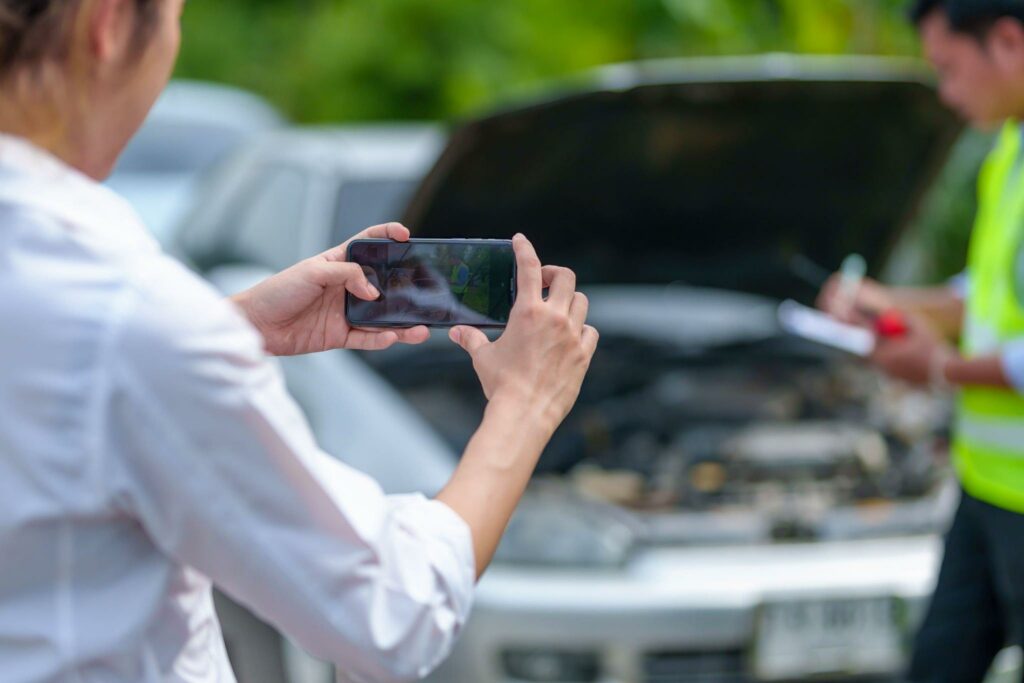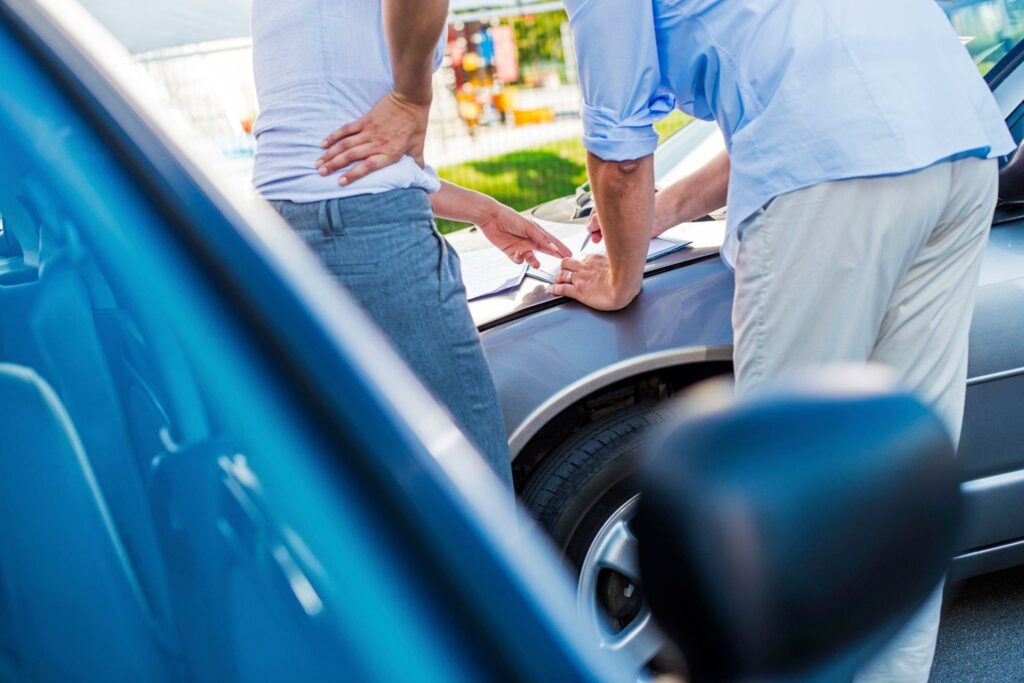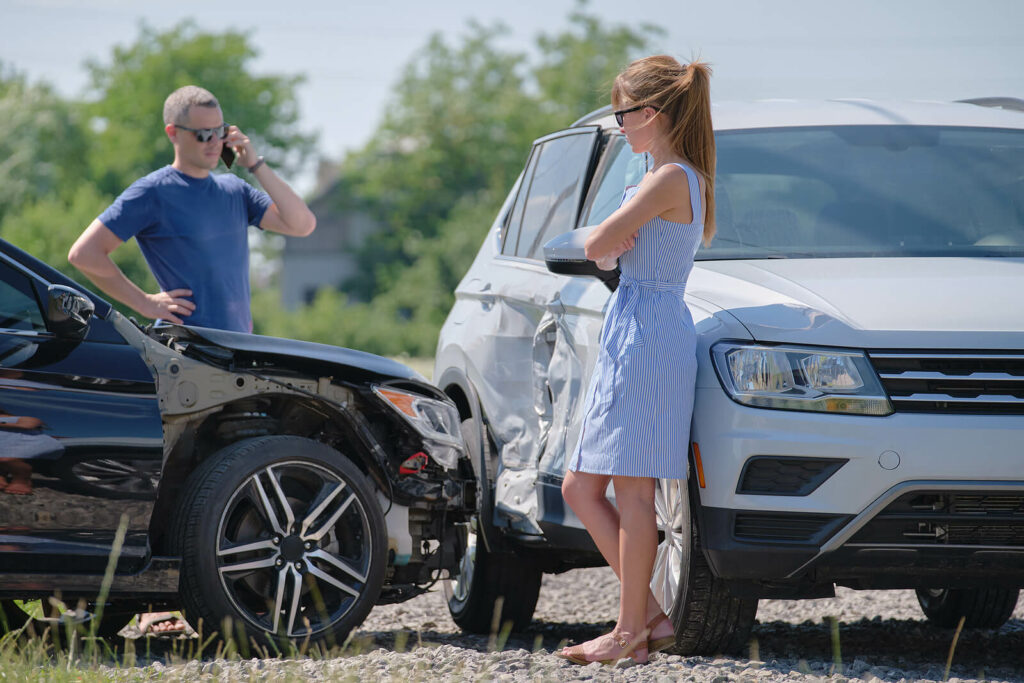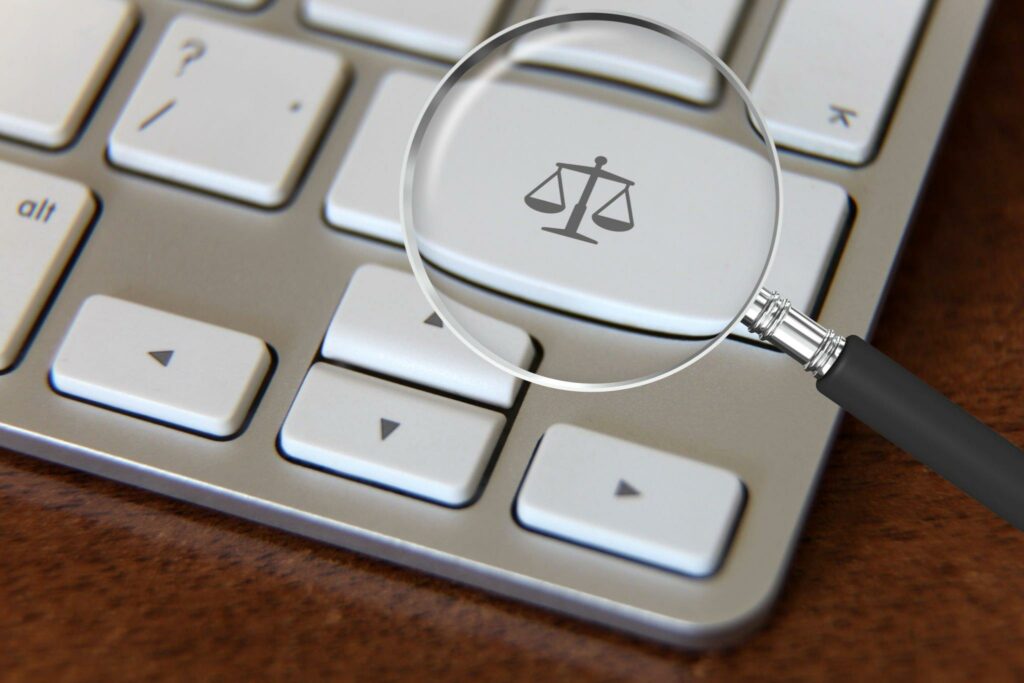What To Do After A Car Accident in Chicago, Illinois
- Home
- What To Do After A Car Accident in Chicago, Illinois
The Illinois Department of Transportation reports that 319,146 people within the state of Illinois were involved in automobile accidents in 2018. That works up to almost 874 mishaps every day. If you are one of the unlucky ones who end up as a statistic, please remember the following advice.
It’s normal to feel dazed and bewildered when you arrive at the scene of an automobile accident. Now what? What should you do?
When a collision occurs, the other motorist may wish to settle the matter immediately. It’s possible they’ll advise finding an alternative solution to the problem that doesn’t include insurance.
We do not recommend doing this. No matter who was at blame, phoning your own insurance provider to report the collision is a good idea.
As Illinois automobile accident lawyers, we’ll go over everything you need to know after a collision so you can make an informed decision about how to proceed with your case.
How to Make Your Way Around a
Crash Site
Once it is safe to do so, the first thing to do following an automobile collision is to pull over to the side of the road. Call 911 immediately, even if the accident does not appear serious. Serious criminal and/or civil legal penalties may come from leaving the site of an accident without contacting the appropriate authorities.
Once you and your passengers are out of harm’s way, you may assess the damage to the cars and the injuries sustained by those within. Take photos of the whole scene. It’s preferable to have an excess of something rather than a scarcity of anything. Obtain the names and numbers of any potential witnesses. Communicate with the other parties involved. Write down their details, including contact info and car insurance.
Here is a quick rundown of what you should do in the aftermath of an accident:
- Call 911.
- Take into account the current climate and traffic.
- Capture images of the wreckage left behind by all involved cars.
- Take pictures of any interesting landmarks along the highway or at the crossing.
- If possible, take pictures of the other driver’s licenses and insurance cards.
- Get a complete roster of everyone who had a role, including other dryers, witnesses, reporting police, etc.
- Jot down all you can remember about what you were doing right before the accident and how you felt and what you saw and heard in the moments following the incident.
- Take notes on everything spoken by participants and observers.
- Don’t leave other drivers stranded without sharing your insurance and licensing details.
- Do not engage the other motorist in conversation about the collision or how it occurred.
- Get checked out if you get hurt.
Table of Contents

Why You Should Take Pictures of Your Car Accident
For every lawsuit involving a car crash, the documentation of the incident is essential. Here, you’ll find all the information you need to take thorough notes about your accident. Note the following for your records:
- Pinpointing the spot where the mishap occurred;
- The vehicle’s location both prior to and immediately following the collision;
- A description of the immediate aftermath of the collision, once the vehicles had stopped moving;
- pictures of any buildings, signs, or other potential factors in the accident that might be photographed;
- The names and addresses of all drivers and passengers involved in the incident; and
- The contact information for anyone who saw the incident unfold.
If the local cops or state troopers became involved, there’s a good chance you may get your hands on a report detailing what happened. Please proceed to the state patrol office or the local police station to submit a report if you did not phone 911 at the scene of the accident. Reports may often be filed up to three days after the incident with the majority of police stations. As a result, you will be safeguarded in case the other motorist subsequently makes up excuses for the collision.


In this case, it is not your fault. Who is responsible for your
medical expenses?
Your health insurance provider should be billed directly if you have coverage. You make a monthly payment to them, and they’ll take care of any medical costs you incur, including those from auto accidents.
You should realize that your personal insurance policy can provide coverage that helps with medical costs regardless of fault. Medical payment insurance is known as “Med Pay” in the state of Illinois. No matter who is at fault, medical bills up to the policy maximum will be covered by Med Pay.
If you want to know if your auto insurance covers medical costs, you may check the “declarations page” or contact your agent. If it doesn’t already, it may be a nice addition. (A medical payment insurance policy of at least $10,000 is highly recommended.)
You should send in your medical bills straight to your insurance company if this is covered under your policy. Do this until they have paid the maximum amount allowed by your Med Pay policy. If you don’t already have this protection, it’s something you should look into including in your insurance plan.
Must I Rely on a Lawyer to Handle My Car Accident Claim?
If you weren’t to blame for the accident but suffered injuries as a consequence, you should talk to a trial lawyer right away. Having an advocate on your side is crucial. Your attorney will contact the other driver’s insurance company and request payment for your injuries and property damage.

In Illinois, how long do I have to sue someone
for a car accident?
The statute of limitations for filing a negligence claim for an auto accident in Illinois is two (2) years from when the accident occurred. The term “statute of limitations” is used to describe this time frame.
The time restriction for filing a lawsuit if someone hits you might change based on who caused the injury. The statute of limitations is significantly shorter, for instance, if a government employee was responsible for your injury.
Table of Contents
Cities We Serve in New Jersey
Newark, NJ
Jersey City, NJ
Elizabeth, NJ
East Orange, NJ
Linden, NJ
New Brunswick, NJ
Mount Laurel, NJ
Sayreville, NJ
West Orange, NJ
South Plainfield, NJ
Bergenfield, NJ
Cresskill, NJ
Demarest, NJ
Rochelle Park, NJ
Hackensack, NJ
East Orange, NJ
Fort Lee, NJ
Guttenberg, NJ
Harrison, NJ
Irvington, NJ
North Bergen, NJ
Palisades Park, NJ
Paramus, NJ
Paterson, NJ
Teaneck, NJ
Tenafly, NJ
Union City, NJ
West New York, NJ
